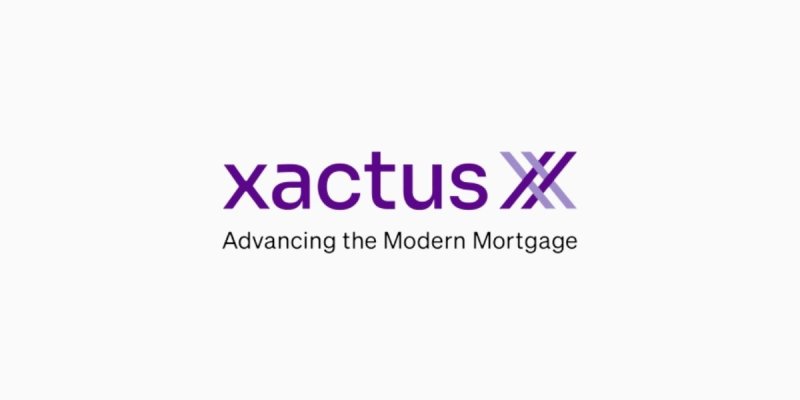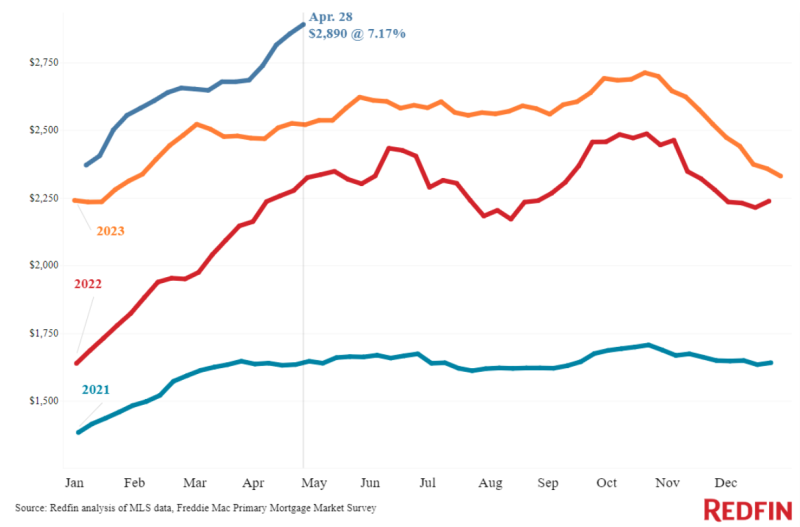
Mortgage Industry Cheers FHFA Decision To Rescind DTI-Based LLPAs

Stakeholders hopeful that agency will proactively seek greater input before proposing future changes.
The housing and mortgage industry responded with unanimous approval on Wednesday after the Federal Housing Finance Agency (FHFA) said it was rescinding the upfront fees based on borrowers' debt-to-income (DTI) ratios for loans acquired by Fannie Mae and Freddie Mac.
FHFA announced in March it would delay implementing the fees — which were to take effect Aug. 1 — in order to engage with industry stakeholders and better understand their concerns. On the whole, those stakeholders complained about the fees, and FHFA heard them.
"I appreciate the feedback FHFA has received from the mortgage industry and other market participants about the challenges of implementing the DTI ratio-based fee," Director Sandra L. Thompson said. "To continue this valuable dialogue, FHFA will provide additional transparency on the process for setting the enterprises' single-family guarantee fees and will request public input on this issue."
In addition, FHFA said additional details about the upcoming Request for Input (RFI) on the single-family guarantee fee pricing framework would be released shortly. The update had not yet been released as of Thursday.
According to the Mortgage Bankers Association’s Mortgage Action Alliance, implementing a DTI-based LLPA would have led to several problems, including:
- Multiple changes to a borrower’s pricing throughout the loan application process;
- Operational and system issues;
- Compliance implications related to TILA-RESPA Integrated Disclosures (TRID);
- Compromised borrower trust, and
- Post-closing quality control (QC) issues.
“We have strongly opposed FHFA’s planned debt-to-income loan-level pricing adjustment since it was announced in January, and have led advocacy efforts calling for its removal,” said MBA President & CEO Bob Broeksmit, CMB. “The proposed fee was unworkable for lenders and would have confused borrowers and undermined the customer experience. We are pleased that FHFA engaged with industry stakeholders, recognized the negative impacts of the fee, and decided to rescind its implementation."
Broeksmit added that the MBA “urges FHFA to continue its engagement to improve clarity and transparency regarding the GSEs’ pricing framework. We will continue our work with the agency, the GSEs, lawmakers, and the Biden administration on policies and actions that lower costs and advance sustainable access to homeownership while protecting taxpayers.”
Watch the Interest
The National Association of Realtors also approved of the FHFA’s decision.
“We are pleased that our advocacy efforts on behalf of our 1.5 million members and their clients were successful,” NAR President Kenny Parcell said. “We applaud the FHFA for listening to the industry’s concerns by choosing to drop this fee on borrowers with higher debt-to-income ratios. It would have imposed a cost on borrowers at a time in the market when affordability is already stretched and only made them riskier.”
Parcell also praised the FHFA’s decision to release a request for information on the other changes, calling it “a great example of good governance.”
“NAR has worked with the FHFA to shape the LLPAs since their inception in 2008,” he said. ”We look forward to a thoughtful and deliberate process for the public, industry, and the regulators to clarify misconceptions and to arrive at the best policy for home buyers and the market.”
NAR said it previously wrote to the FHFA, urging it to require factors such as higher credit scores or larger down payments to offset the risk in lieu of higher fees that would only raise the borrower’s risk of default.
Peter Idziak, a senior associate with the mortgage-industry law firm Polunsky Beitel Green, said the industry can now breathe a sigh of relief.
“FHFA does deserve some praise for recognizing that a loan-level price adjustment based on the borrower’s debt-to-income ratio would have been unworkable for lenders and confusing for borrowers,” Idziak said. “But the announcement and subsequent walk-back of the DTI LLPA are nevertheless concerning to the mortgage industry, because it shows that FHFA doesn’t fully understand or appreciate the challenges facing lenders today, as well as how FHFA’s policies can negatively affect borrowers and the borrower experience in obtaining a loan.”
Still, he said, the FHFA’s intent to issue a Request for Input (RFI) on the single-family guarantee fee pricing framework is a good sign.
“It is also positive that, going forward, FHFA intends to seek more formal input from the mortgage industry and other stakeholders before making changes to the single-family guarantee fee pricing framework,” Idziak said. “If such a process had been in place before announcing the DTI LLPA fee, I don’t think FHFA would have tried to implement it, and the mortgage industry would have saved time and money addressing the challenges of implementing a fee that ultimately won’t go into effect.”




